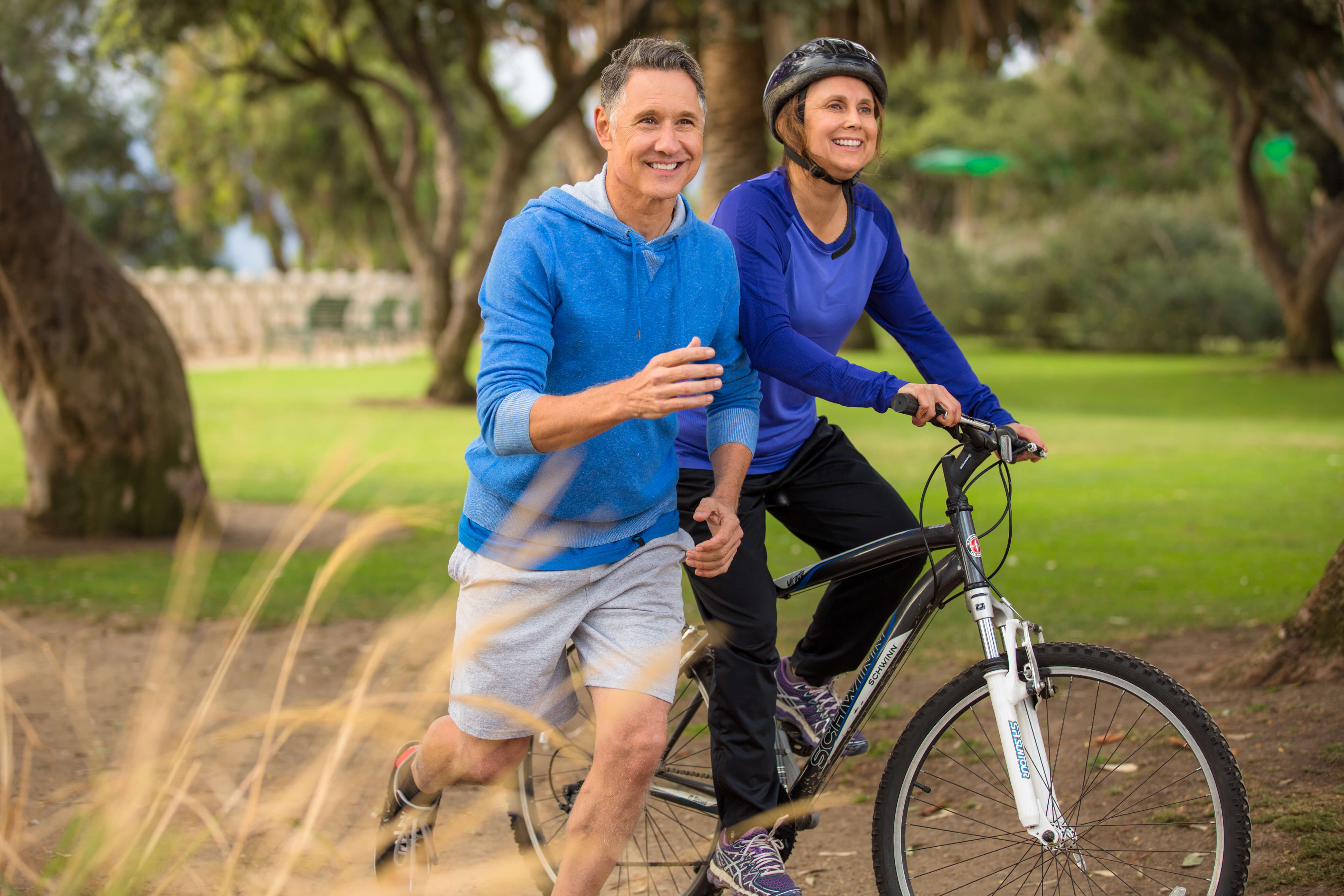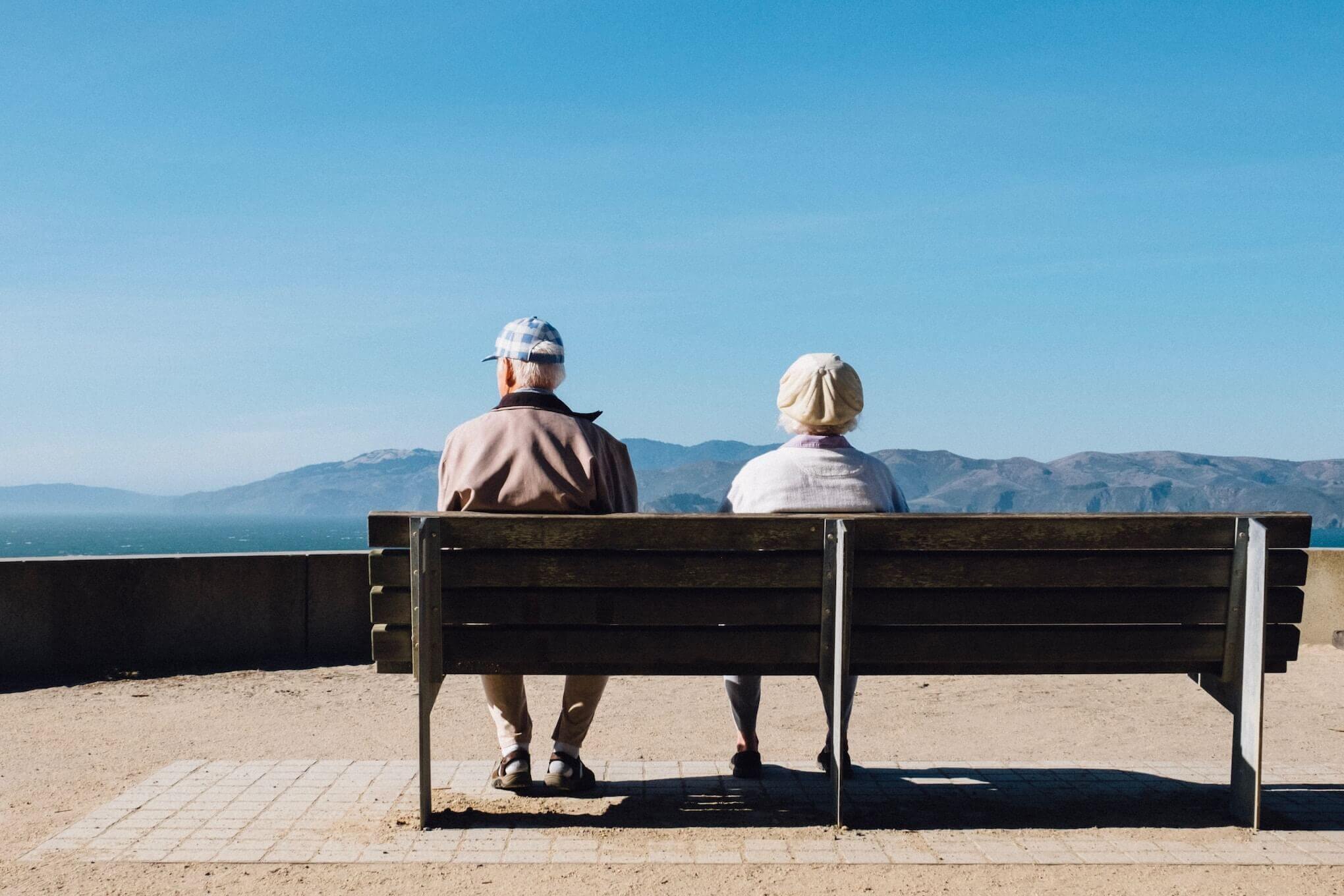The Ultimate Travel Guide for Seniors Living With Incontinence Leave a comment
People over the age of 60 continue to make up an ever growing percentage of the travel market. Many of them take up to four or five leisure trips every year, spending thousands of dollars, and are recognized as an important part of the travel market.
Of those who plan to travel, many of the trips are viewed as “bucket list trips” – ones that a person has wanted to do for years, perhaps even his or her entire life. It might be an African Safari, or a trip back to one’s country of origin, or where their family migrated from generations ago.
Whatever it is, incontinence should not stop you from living your life and seeing the world on your terms. If you are worried about making travel plans, or are stressed out about one’s you’ve already made, fear not. Below is the ultimate guide to travelling with incontinence.
Travel Tips for Seniors – Choosing a Destination

The main consideration to keep in mind when choosing your destination is whether or not you are going to have the access you need to bathrooms and facilities to ensure you are able to change if and when you need to.
Long-haul treks and hikes, for instance, in remote locations are likely not going to be on the table, unless you know you are going to be able to attend to any leaks, or soiled undergarments in a timely manner. They last thing you want is to be stranded somewhere, soiled, and unable to clean yourself properly.
Booking Flights for Seniors
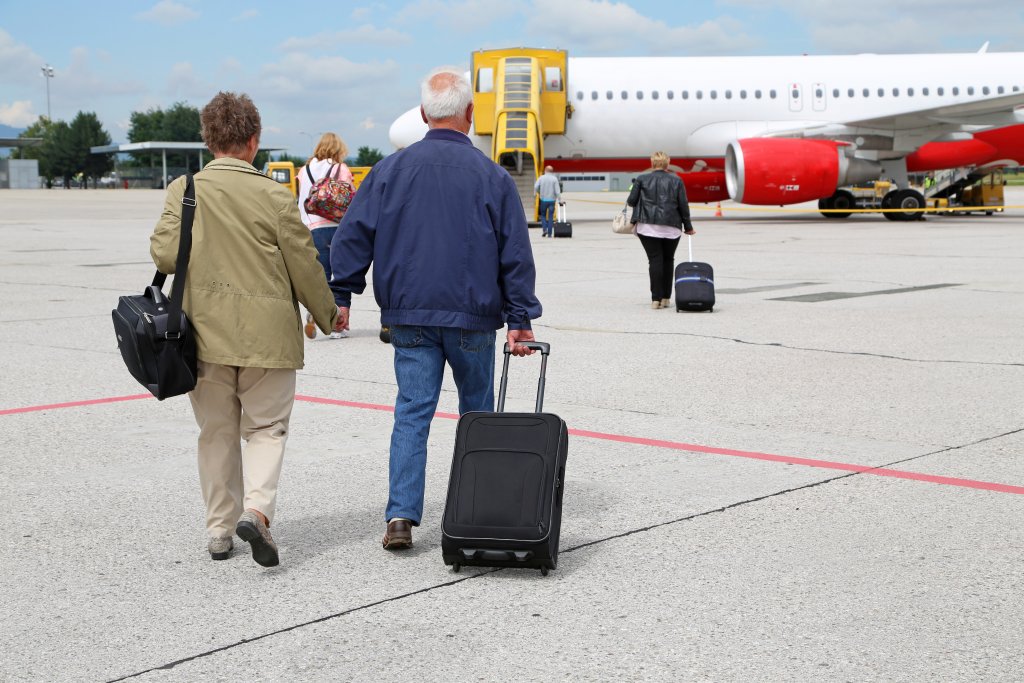
There are two main considerations to have in mind while booking your airline ticket (if you are travelling by air). The first is to try and ensure you have an aisle seat on the plane (preferably near a lavatory).
Having to squeeze past people to get to the lavatory is bad enough when you don’t have incontinence, and doubly uncomfortable when you do. The second has to do with what you are allowed to take with you. Always check with the airport authorities/airline before leaving.
Booking Hotels
If you are going to be staying in a hotel, there is no reason you shouldn’t be able to stay in any hotel you choose. Good places to go to ease your mind about hotel tension are forums where people discuss these kinds of things.
Spend some time perusing the comments and you will see that there are many people just like you, who have had the same worries, and simply taken the necessary precautions. All it typically involves doing is making sure you have packed the right incontinence supplies with you (bed pads, underwear etc.)
One particularly helpful comment:
What to Pack When Travelling With Incontinence
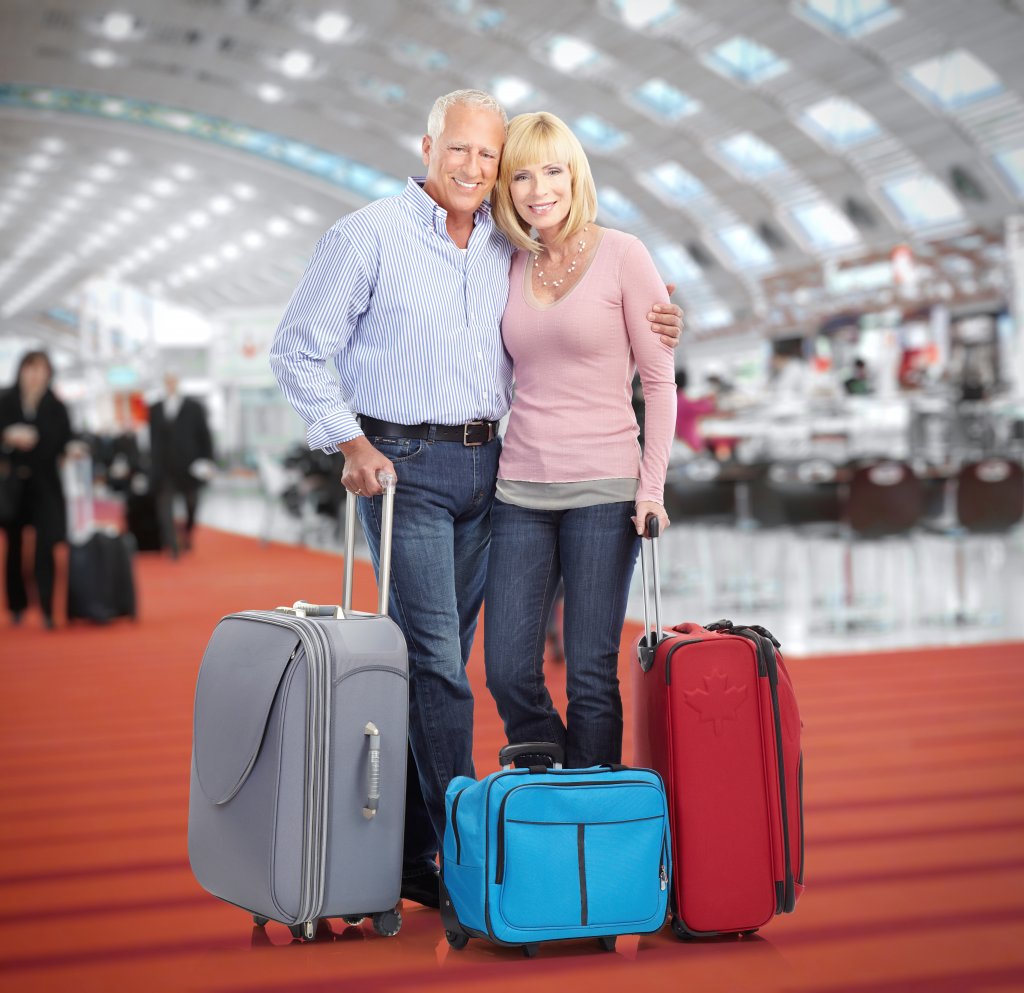
The most important things to pack when travelling with incontinence are whatever supplies are needed to keep you dry and clean. If you have been living with incontinence for some time, you likely already have a list of preferred products.
Pack all of your incontinence products first. If need be, make an inventory. The last thing you want is to be in the air, or on the train, or anywhere en route where it is too late to turn back when you realize you’ve forgotten some essential incontinence product.
Time Your Bathroom Breaks
A good habit to get into while travelling with incontinence is the practice of “timed voiding.” Times voiding is where you go to the bathroom, not necessarily when your bladder lets you know you have to, but on a schedule.
Use a bathroom whenever you have the chance. The National Institute on Aging says that when this is combined with things like biofeedback and pelvic floor exercises, you can help control urge and overflow incontinence
Insurance While Abroad
Purchasing travel insurance is a good practice whether you are travelling with incontinence or not. Travel insurance should include things like health, life, and disability coverage.
Stories abound of people going on vacation (especially to tropical destinations) and having to be admitted to the hospital for something minor, only to have it turn into some major (and a major hospital bill).
Activities to Fight Incontinence While Travelling
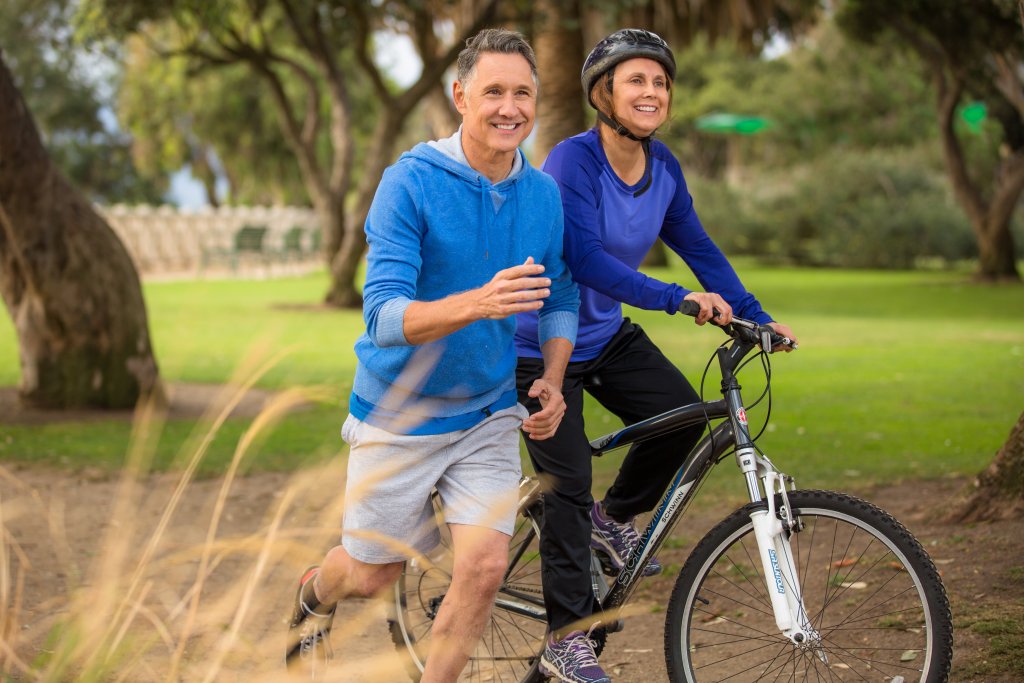
The activities you should avoid if travelling with incontinence really come down to what kind of incontinence you have. Generally anything that jars your bladder or gastrointestinal system (anything physically strenuous) should be avoided while travelling.
A brisk half-an-hour walk every day, however, is good for your overall physical and mental well-being. Incorporating some pelvic floor exercises (aka kegels) into your daily routine is also a good idea.
Three sets of ten kegels per day (perhaps while doing something idle) can help improve your bladder control.
Foods to Avoid
People have a tendency to throw caution and common sense to the wind while on vacation, eating and drinking whatever they like. But living with incontinence means avoiding certain foods and drinks.
Alcohol, caffeinated beverages, spicy foods, citrus fruits and juices, carbonated beverages, milk and milk products, sugar and honey, and artificial sweeteners can all exacerbate incontinence.
Get Your Medication in Order
Travelling with incontinence often means bringing along certain prescribed medications. Doctors can prescribe a number of over-the-counter medications to help control urinary urges.
While these “bladder relaxants” don’t cure an overactive bladder, they can help stimy the symptoms while you’re travelling.
What to do in Case of an Emergency
If you feel an emergency coming on, don’t panic, plan your response. Experiencing incontinence while travelling can seem even more inconvenient, given that you’re trying to relax.
The best approach to is handle the situation one step at a time. Ask yourself what incontinence product you need to remedy the situation. Go to that product. If you need to alert someone to the situation, don’t feel embarrassed, your comfort is more important.
The world should be for everyone to explore. Just because you live with incontinence issues does not mean that you should be unable to go the places you want to go, and see the things and people you want to see.
If you are in the process of planning a trip, or have already done so and want to know how to make your experience as enjoyable as possible, keep the above guide for travelling with incontinence in mind, and don’t let incontinence stop you from living your best life.

